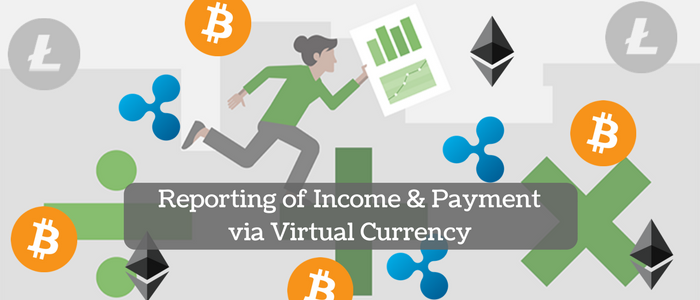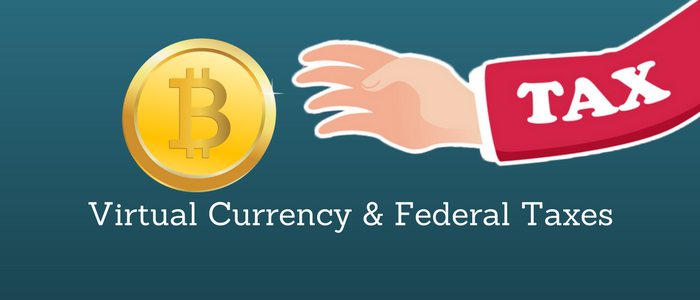
Reporting of Income and Payment made via Virtual Currency
Reporting of Income and Payment made via Virtual Currency
Reporting of income and payment. In the current year, virtual currency has taken the entire world by storm. At the current times, they look like ever appreciating assets but with profound risks involved. If you have been even remotely aware of the proceedings, you would have heard of Bitcoin and its spectacular rise. Though it is one of the very first and famous ones, there are several others as well.
It is only but natural to worry about taxation when it comes to virtual currency. Sure, they are decentralized and do not necessarily depend on the economy of countries. But when you are part of a system and are trading with virtual currencies, you are liable to pay taxes. The IRS understands that these virtual currencies can either be used to buy goods or services or can also be held as an investment like other instruments. Thus depending on the type you choose, the tax implications of virtual currencies change accordingly.
At the Receiving End
Even though the law at this point does not consider virtual currencies as a currency, you must report if you receive any. You could receive virtual currency in return for the goods or services that you provide to someone. If you are an employee, your employer might also provide you with virtual currencies as remuneration. But irrespective of the source, you need to add the same to your gross income, and normal tax laws will be applicable.
What is important here though is to figure out the fair dollar price and add the same to your gross income. And the fair value must be calculated for the day, the payment was received on. One might argue as to what is the basis for adding the same to gross income. In simple words, you received something that has a fair dollar value and as per the Basis of Assets, it is taxable.
How to figure out fair dollar value?
It is up to the individual to figure out the fair dollar value of the virtual currency on that specific date. If the virtual currency is listed on any of the exchanges, the price of the same is decided based on demand and supply. Thus, depending on the exchange rate the valuation of virtual currency is converted into dollars and the same must be reported in your earnings.
Other modes
You can obtain virtual currencies apart from gaining them in exchange for goods and services or remuneration. Almost all the virtual currencies work with the underlying principle of mining. Mining is a process where you receive virtual currency for solving complex algorithms using computing powers. The same also holds well if you keep a track of all transactions and maintain a ledger. Though the mechanism might differ, the central idea remains the same. Getting paid in virtual currency on the completion of certain tasks.
If you are an employee and are mining virtual currencies, the same must go into your gross income. The process of figuring out the fair dollar value for the specific day holds good here as well. If you are self-employed, the earnings are also subject to self-employment taxes. Some individual’s or rather independent contractors also engage themselves in mining in exchange for virtual currencies. Self-employment taxes are applicable to them as well. If the same is carried out with the intent of trading or any business-related activity and an employee is not involved.
Virtual currencies, even though quite new to the circuit, already have made their ways into the tax system. If you wish to trade in any virtual currency, it is prudent to be aware of the taxes and take the necessary steps.


Recent Comments